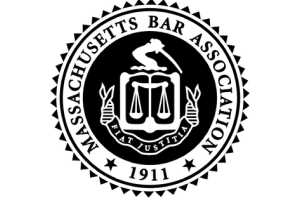First Circuit Protects Civilians’ Right to Record Police in Public, Limits Application of Massachusetts Wiretapping Law
December 15, 2020.
In Project Veritas Action Fund v. Rollins, 982 F.3d 813 (1st Cir. 2020), the First Circuit Court of Appeals upheld the district court’s decision in favor of the plaintiffs, ruling that the Massachusetts wiretapping statute could not be used by police to stop civilians from secretly recording public officials performing their duties in public spaces. The court emphasized that such recordings are protected under the First Amendment but remanded the case for further consideration of the broader challenge to the statute’s application beyond interactions involving public officials.
Our Take:
When the legislature amended Mass. Gen. Laws ch. 272, § 99 (“Section 99”) in 1968, it was animated by a need to protect the privacy interests of the public. Half a century later, our government seeks to employ ever more intrusive technology to peer into the most intimate details of our private lives. Yet at the same time, it seeks to shroud its own doings in secrecy by prosecuting those who strive to reveal them.
In light of the overwhelming evidence of ongoing police brutality against people of color, pretextual police stops and racial profiling, a government policy criminalizing police accountability is disturbing. One can see the same pattern in the government’s ongoing battle between the public and police in regards to body worn cameras. As the public calls for oversight, police departments (with few exceptions) have resisted.
I am reminded of something my mom always told me: character is what you do when no one is watching. While there are many honorable police officers out there that make our communities a better place to live, there are also officers that cannot be trusted when no one is watching.
A democratic society can afford no barrier to oversight of police power. The 1st Circuit’s holding in Project Veritas Action Fund is a victory for the people of the Commonwealth. It’s a victory because it fortifies one of our greatest defenses against tyranny: the basic right to transparency. Democracy demands accountability. The legalization of covertly recording police officers in public areas is not an attack on the police profession, it is a bulwark of liberty. And I hope, with this ruling, perhaps more officers will act as if someone is watching.





